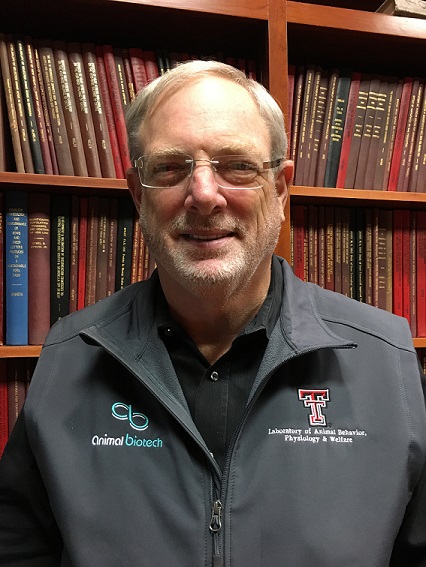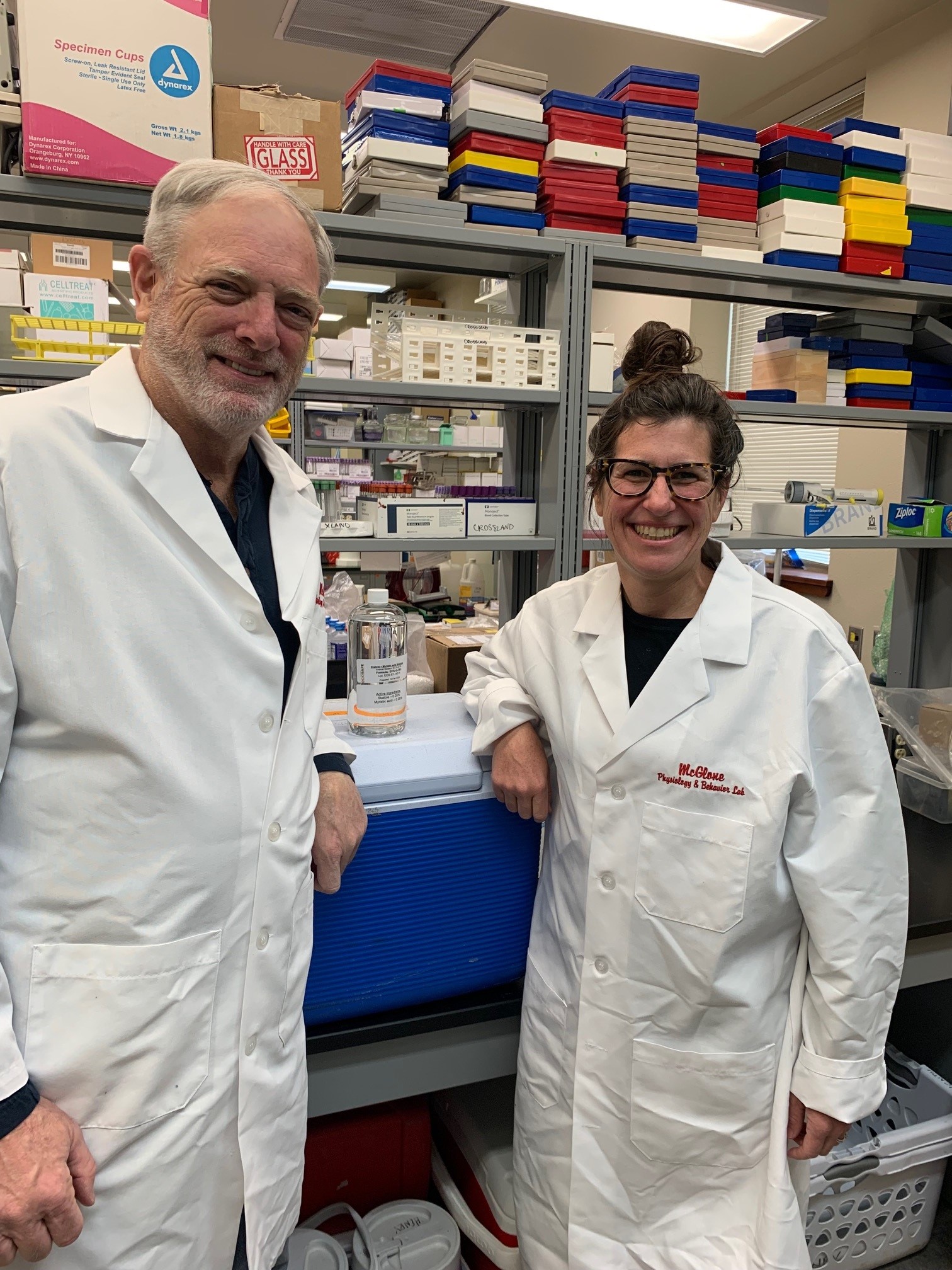Laboratory of Animal Behavior, Physiology and Welfare
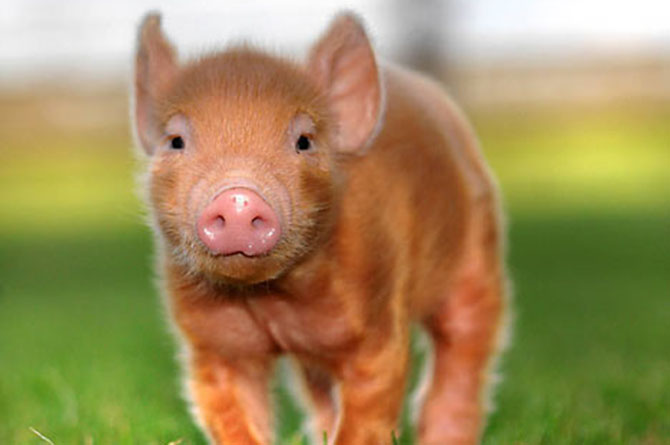
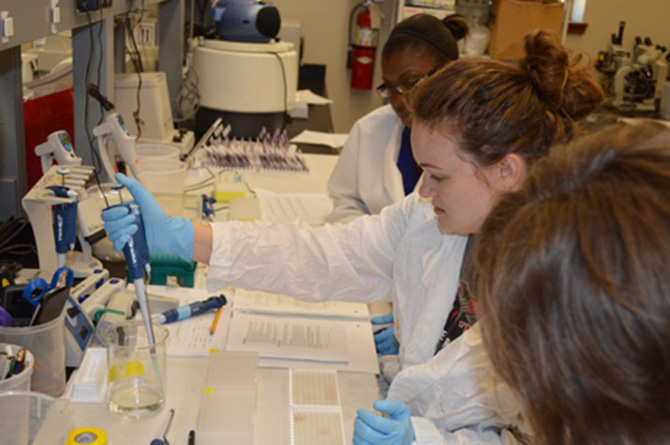

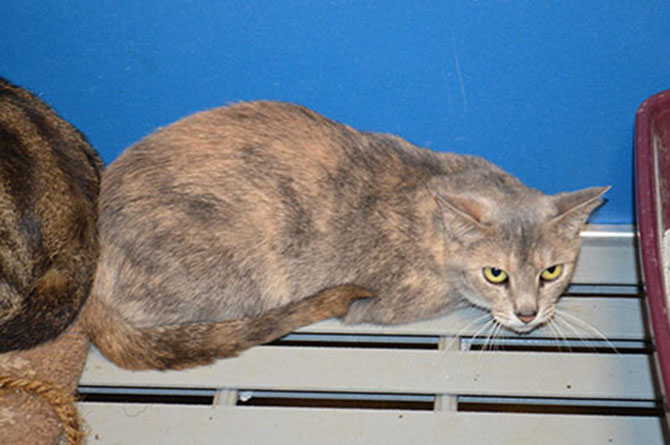
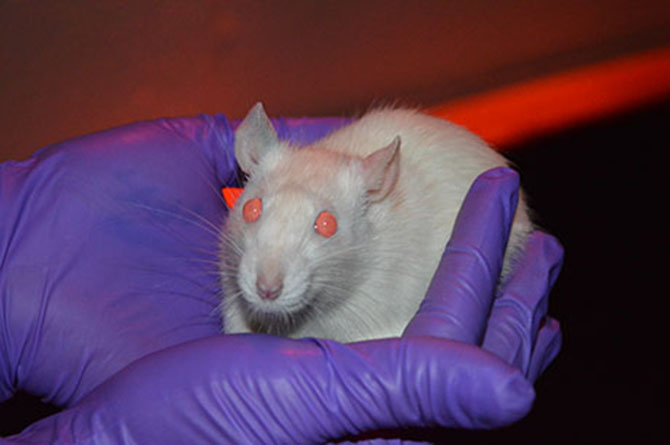

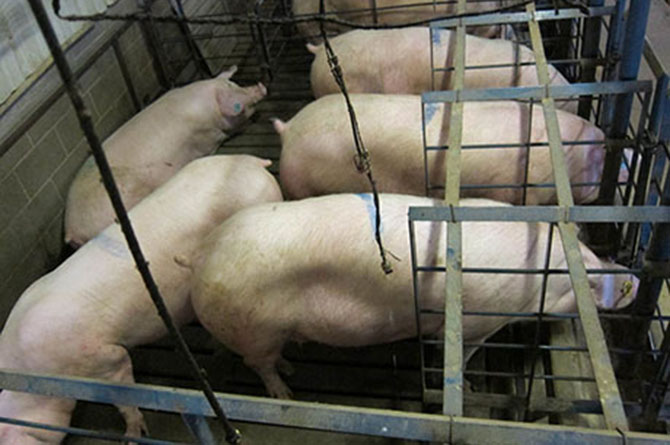
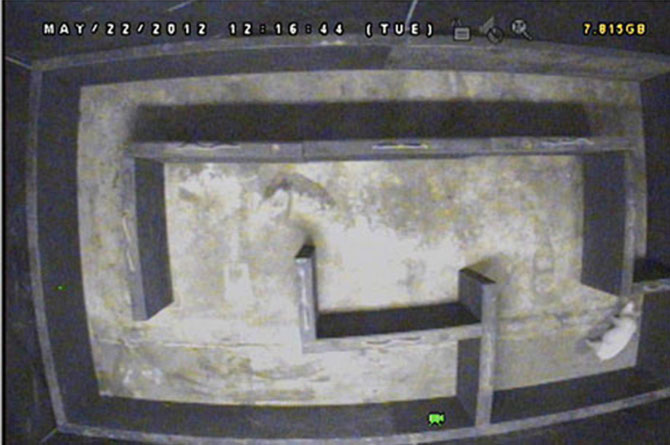
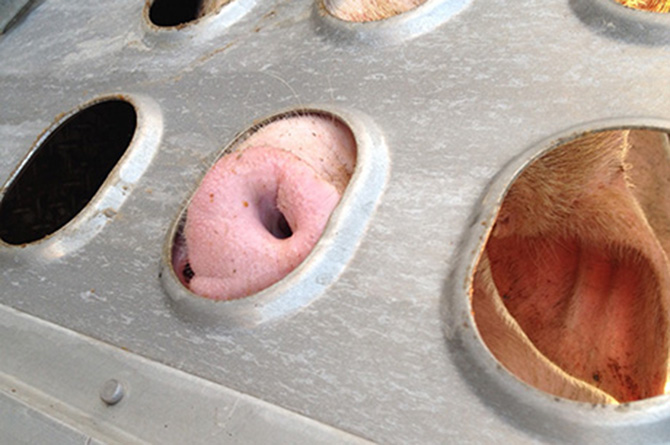
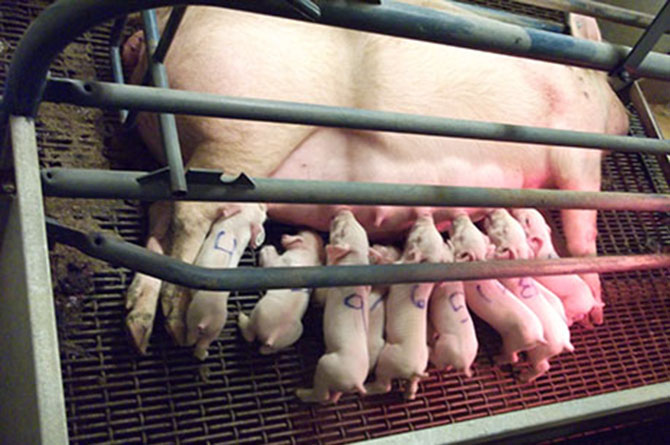
About this Laboratory
Welcome to the Laboratory of Animal Behavior, Physiology and Welfare at Texas Tech University.
Dr. McGlone studied animal behavior and physiology (immunology and neuroscience) in relation to farm animal performance starting in 1976 when he was an undergraduate in the laboratory of Dr. Keith Kelley (then at Washington State University). After his M.S. with Keith, he continued his studies with Dr. Stan Curtis and Dr. Ed Banks at the University of Illinois. After a 3-year faculty appointment at the University of Wyoming, Dr. McGlone moved to TTU. This laboratory began in 1984. We have broadened our studies from pigs to include cattle, horses, dogs, cats, rats, and mice, primates and more. We employ measures of animal behavior and physiology to answer questions about animal health and welfare. Our measures have evolved over time. We have tackled the most difficult animal behavior and welfare problems with the aim of improving the lives of both animals and people.
With Professor McGlone's retirement Dec 31, 2025, this web page will be a reference for others.
Animal Welfare in 2026
The situation with farm animal welfare, and the welfare of other animals, is complex, fluid and illogical. We have no accepted definition of Animal Welfare. With no definition, it is impossible to measure Animal Welfare. To make matters worse, two people can look at an animal (ex., a sow in a crate) and one person thinks it is fine and another thinks it is not an ok system. When two people look at the same thing and come to opposite conclusions, we know we have a serious issue as farmers and as a society.
At this time, Professor McGlone is arguing to stop talking about animal welfare. Farmers and scientists should be talking about behavioral and physiological needs and wants. And animal agricuture, with the exception of the egg industry, does not give the consumer many choices. I argue that if we give consumers a choice, they will pick products that meet both their budget and their ethical views (if any). Then the animal industries can produce what consumers want. Systems with higher costs (like organic or free range eggs) will cost more. And consumer will sort this out.
If this philosophy were adopted, we would not need scientific and government bodies describing what they mean by Animal Welfare and it would eliminate the need for any Animal Welfare legislation. Let the market decide. The only government requirement (which is already in place) is that what ever you say on the label must be true and accuate. No secrets. In the below interview, this position is explained. Adopting it would solve many people's problems and it would give consumers choices. Farmers can produce for one market or another. And this issue goes away because the decision is put entirely on the consumer. This is how we got lean pork and chicken. People wanted it and the animal industry gave it to them. Now consumers want different assurances and so we should give it to them and be sure they pay the cost of the product they want. In this approach, we work with your customers with both being better off in the future because proudcers would know what to produce and consumers could buy what they like.
I could see this working out very well for most people and farmers. The key is a clear label that describes attributes of the animal product (ex., free range, organic, etc.). And some assurances must be in place to be sure that what is on the label is how the product was produced. This means someone has to check the farm, through audits or other means to be sure what the label says is how the animal product was produced. This can be done almost entirely without government involvement. This would an arrangement between the customers, the animal producers and the retailers.
The below video was from an interview I did and can be found on YouTube. I attempt to explain this point of view.
https://youtu.be/tZr-SQGNQKQ?si=GwPGnf396ZutAJzG
Recent Laboratory Members
- Arlene Garcia-Marquez, Assistant Professor at TTU-SVM
- Edgar Aviles-Rosa, Assistant Professor in Animal Science at TTU
- Courtney Archer, Assistant Professor of Animal Science, University of Illinois
- Frank Mitloehner, UC-Davis
- Anna Johnson, Iowa State University
- Mhairi Sutherland, Scientists, Beef and lab New Zealand
- Janeen Salak-Johnson (Johnson), Michigan State University, Professor and Meadow Brook Chair.
- Dr. Jessica Carter, Middle Tennessee State University
- Dr. Julie Lynn Morrow, USDA-ARS
- Ellen Lumpkin, Professor, UC-Berkley
- Dr. Chana Akins, University of Kentucky
- Dr. Tiffanie Brooks, Texas Tech University
- Dr. Harold Anindo Rachuonyo, University of Eldoret, Kenya
- Dr. Sankar Ganesh-Devaraj, India, Associate Professsor of Biotechnology
- Dr. Glenna Pirner, Fairmont State University, W Virginia
- Dr. Lingna Zhang, Now on faculty in China; dog and cat behavior
- Others including former graduate student students Jeff Dailey, Samara Kleinbeck, Ronda Nicholson, and Madelyn Henderson and many other undergraduate students.
Videos from this Laboratory
Research Areas
- Pheromones
- Transport
- Sow Housing
- Comparative Medicine
- Pig Castration
- Tail Biting and Tail Docking
- Litter-Piglet Processing
- Feral Hog Project
- Sustainable Pork Farm
- Environmental Enrichment
- Measuring Animal Welfare
- Image Analysis
History of Pork Production in West Texas
Drs. John J. McGlone & Rebecca Robbins
Laboratory of Animal Behavior, Physiology and Welfare
-
Address
1308 Indiana Ave Lubbock, TX 79409-2141 -
Phone
806.834.8275 -
Email
john.mcglone@ttu.edu

